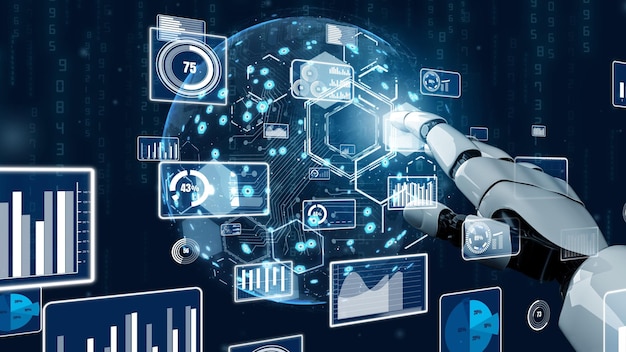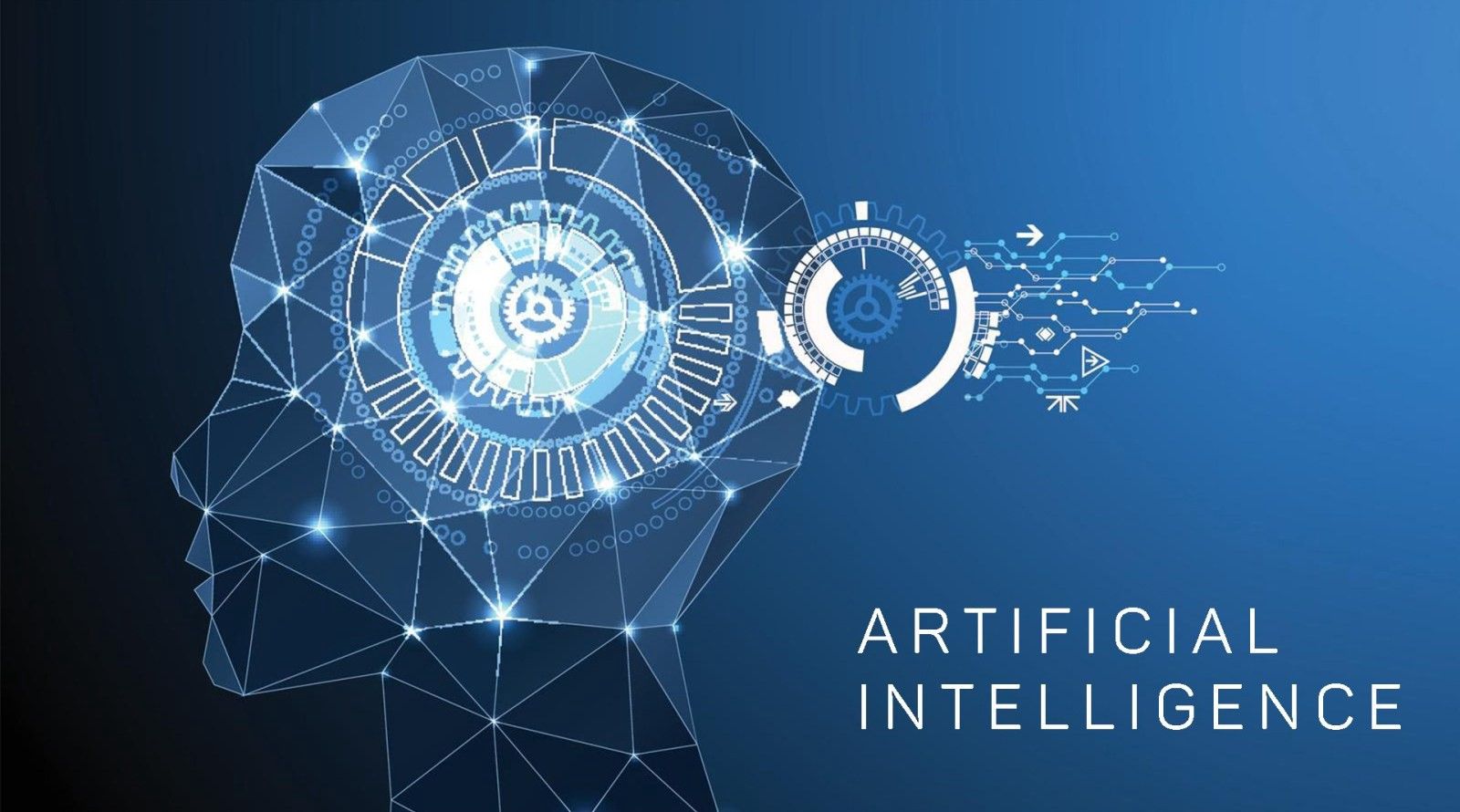The use of Artificial intelligence (AI) is changing several sectors and how we work. This technology’s impact on job market is significant as it develops further. While AI increases efficiency and automates tasks, it also sparks worries about job displacement and the need for skill upgrades. We will examine the AI impact on jobs market, its implications for different sectors, and how individuals can prepare for the changing landscape.. So what’s the actual impact of AI on job market? Let’s discuss.
Understanding Artificial Intelligence (AI)
Artificial Intelligence (AI) is revolutionizing the job market by automating tasks and raising concerns about job displacement. Understanding AI’s potential is essential for surviving and thriving in this dynamic environment. It enables automation, streamlines processes, and creates new job opportunities. Significantly impacted industries include healthcare, finance, retail, and transportation. Upskilling and embracing lifelong learning are essential to stay relevant. Collaboration between humans and AI can enhance productivity. Governments and policies play a vital role in ensuring ethical practices and supporting workers through retraining initiatives. Adapting to AI is key for future job market success.

Evolution of AI
. Historical Overview
Artificial Intelligence isn’t a new concept. It has been around since the mid-20th century, with the term “Artificial Intelligence” first coined by John McCarthy in 1956. From primitive machines capable of basic arithmetic to today’s advanced neural networks, AI has certainly come a long way. This evolutionary journey has led AI from the labs of ambitious scientists to the heart of industries around the world.
. Modern Development
With the advent of machine learning and deep learning, AI has expanded beyond theoretical concepts into practical applications. Nowadays, we see AI implementations in various sectors such as healthcare, finance, transportation, and many others. Algorithms learn from vast amounts of data, predict outcomes, and make decisions, thereby enhancing the speed, efficiency, and capabilities of various processes. The ubiquity of AI applications is what brings us to a critical question – what happens to the job market?
AI Impact on Job Market
AI impact on job market is multifaceted and complex. It’s not just about job displacement due to automation; it’s also about job transformation and even job creation.
Impact on Different Industries
. Manufacturing Sector
In the manufacturing industry, AI robots have greatly enhanced productivity and efficiency. Automation has led to faster and more accurate production, but at the expense of manual labor jobs. Routine tasks that once required human labor are now performed by AI-powered machines, leading to a decrease in the demand for low-skill manual jobs.
. Healthcare Sector
In the healthcare sector, AI is revolutionizing diagnostics and patient care. AI algorithms can analyze medical images or genomic data much faster and with equal or even superior accuracy than human doctors. However, the demand for healthcare professionals remains strong, as AI augments rather than replaces human judgment and empathy.
. Technology Sector
In the technology sector, AI has been a catalyst for job creation. There is a growing demand for AI specialists to develop and maintain AI systems. From data scientists to AI ethicists, new job roles have emerged that didn’t exist a few years ago.
Job Roles Altered
. Automation of Tasks
It’s not just about job losses. AI also changes the nature of existing jobs. With AI handling routine and repetitive tasks, employees can focus on more complex and creative aspects of their job. For instance, in customer service, AI chatbots can handle routine inquiries, freeing human agents to deal with more complex customer issues.
. Creation of New Roles
AI is also a job creator. It is leading to the emergence of new job roles that require understanding and managing AI. Job roles like AI ethicist, AI trainer, and data privacy officer have emerged, indicating a paradigm shift in the job market.
Challenges
AI does pose significant challenges. Job displacement is an immediate concern. While AI creates jobs, these are often high-skilled jobs, which could exacerbate income inequality.
. Job Displacement
There’s no denying that AI will automate certain jobs, particularly those involving routine tasks. This automation could lead to significant job displacement, especially for low and medium-skilled workers.
. Skill Gap
AI’s rise means workers need to learn new skills to stay relevant. However, the pace of AI’s development could outstrip the ability of workers and organizations to keep up, leading to a skills gap.
Opportunities
Despite the challenges, AI offers significant opportunities. It creates demand for new skills and opens up possibilities for job roles that we can’t even imagine today.
. New Skills Required
AI’s rise demands new technical skills, such as programming, data analysis, and machine learning. But non-technical skills, such as problem-solving, creativity, and emotional intelligence, are equally important in the AI-dominated job market.
AI Future Prospects
AI is here to stay, and its influence on job market is likely to grow. As we navigate this transition, we need to ensure that the benefits of AI are broadly shared, and the challenges are squarely addressed.
Conclusion
In conclusion, AI impact on job market is transformative, posing challenges but also offering new opportunities. As AI continues to evolve, the key to thriving in the new job market will be adaptability and continuous learning.


